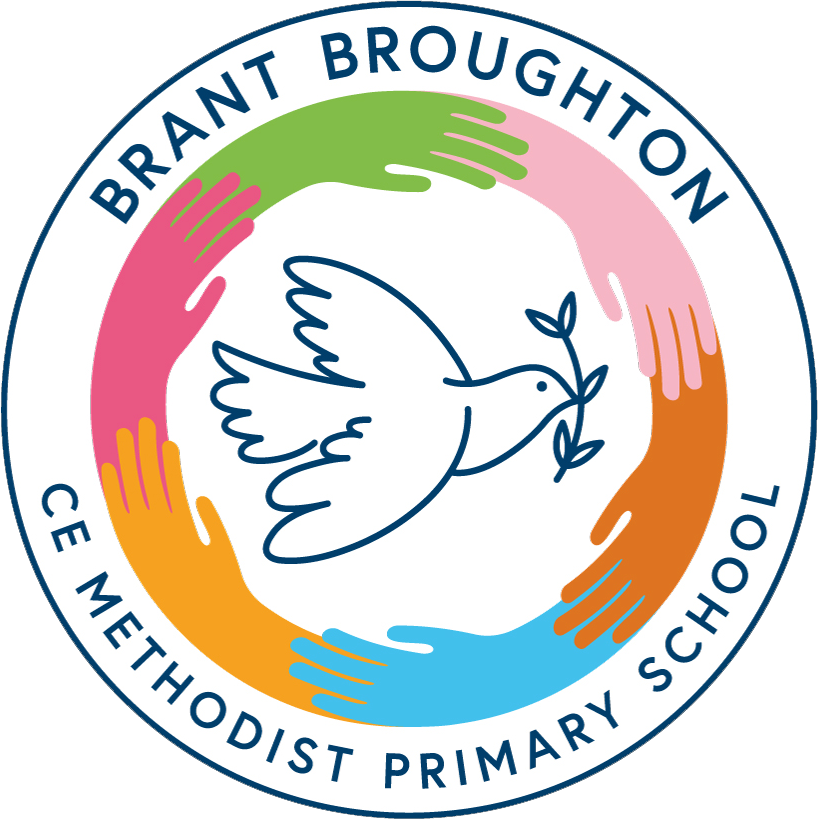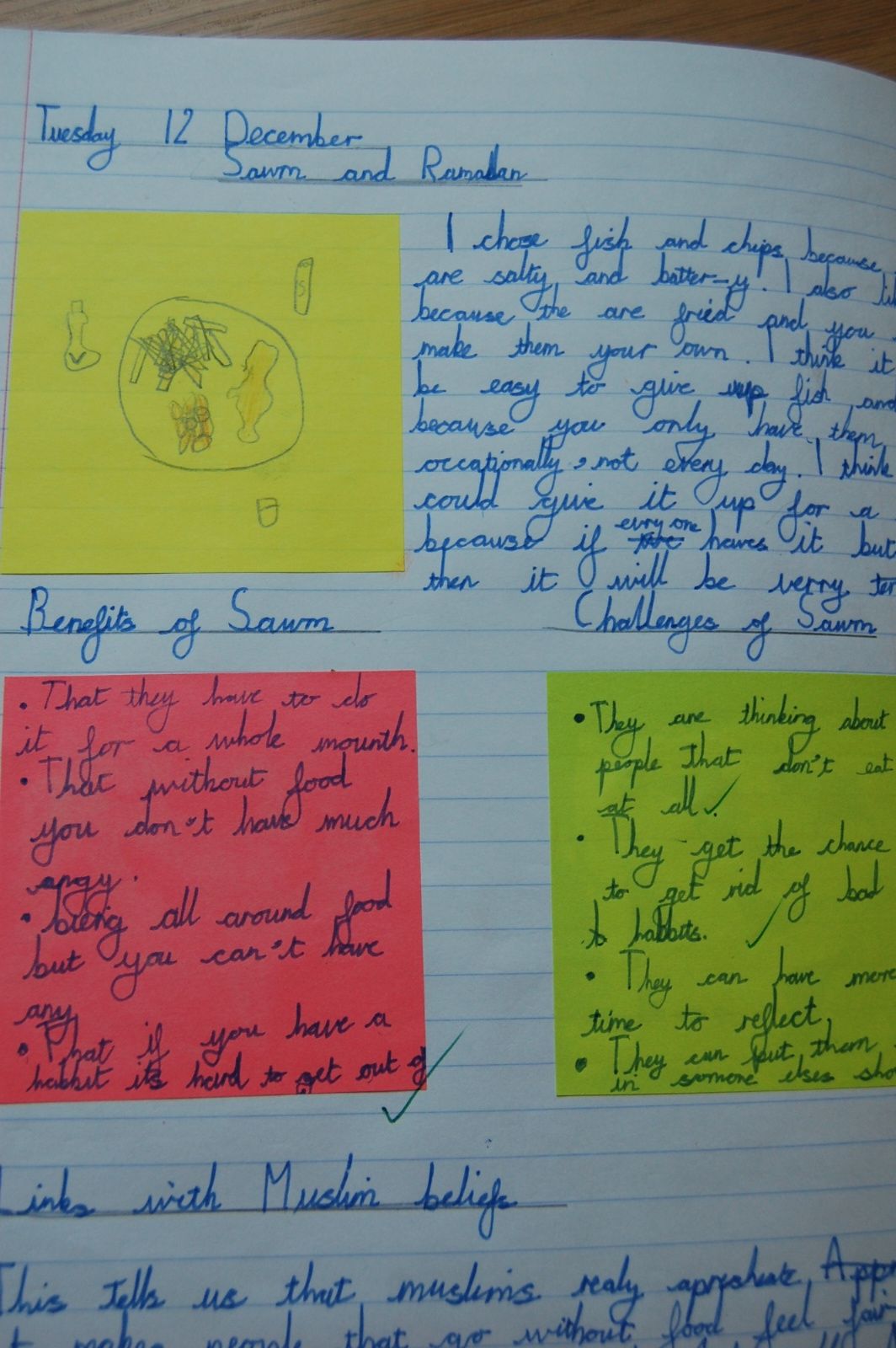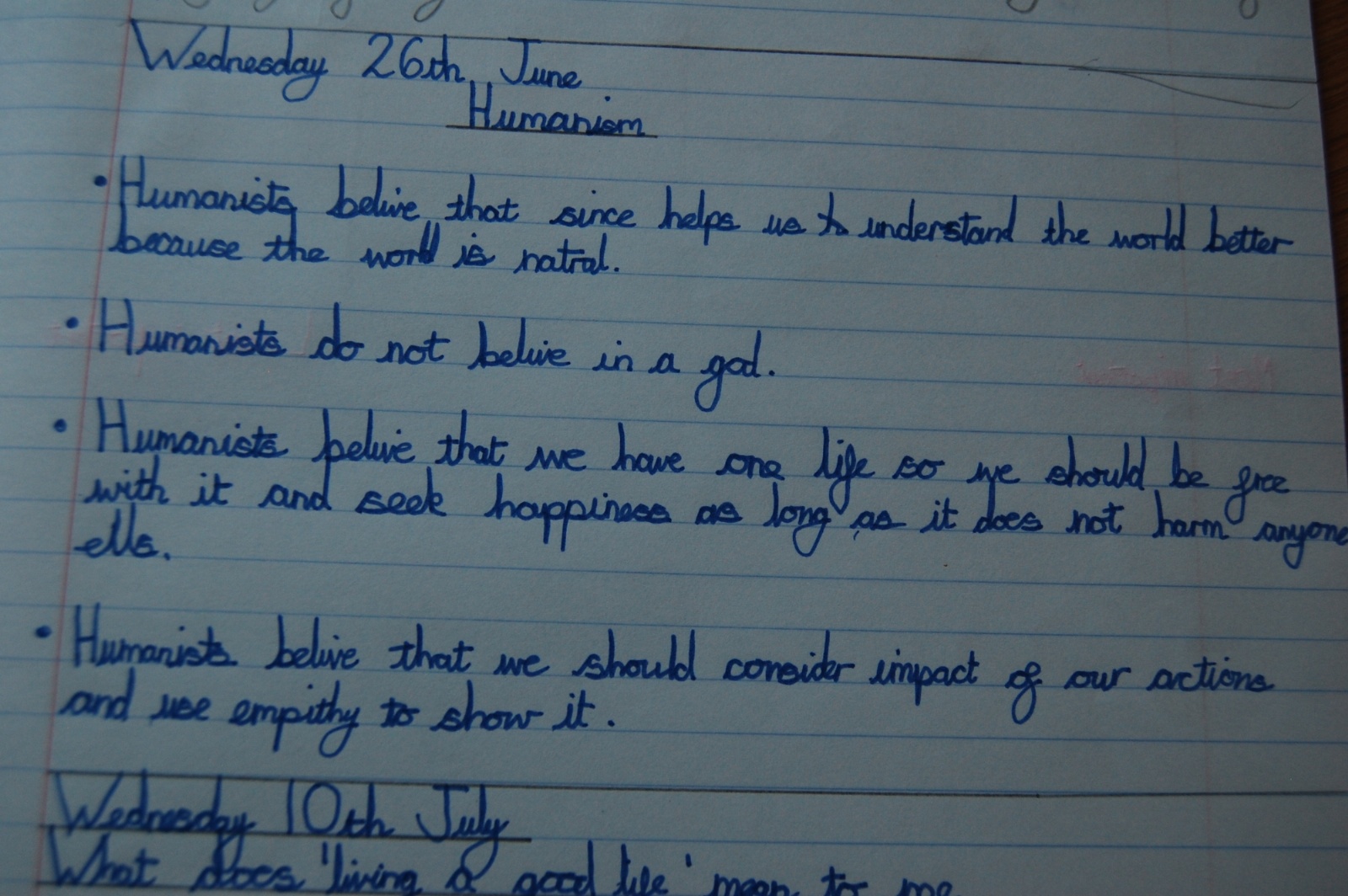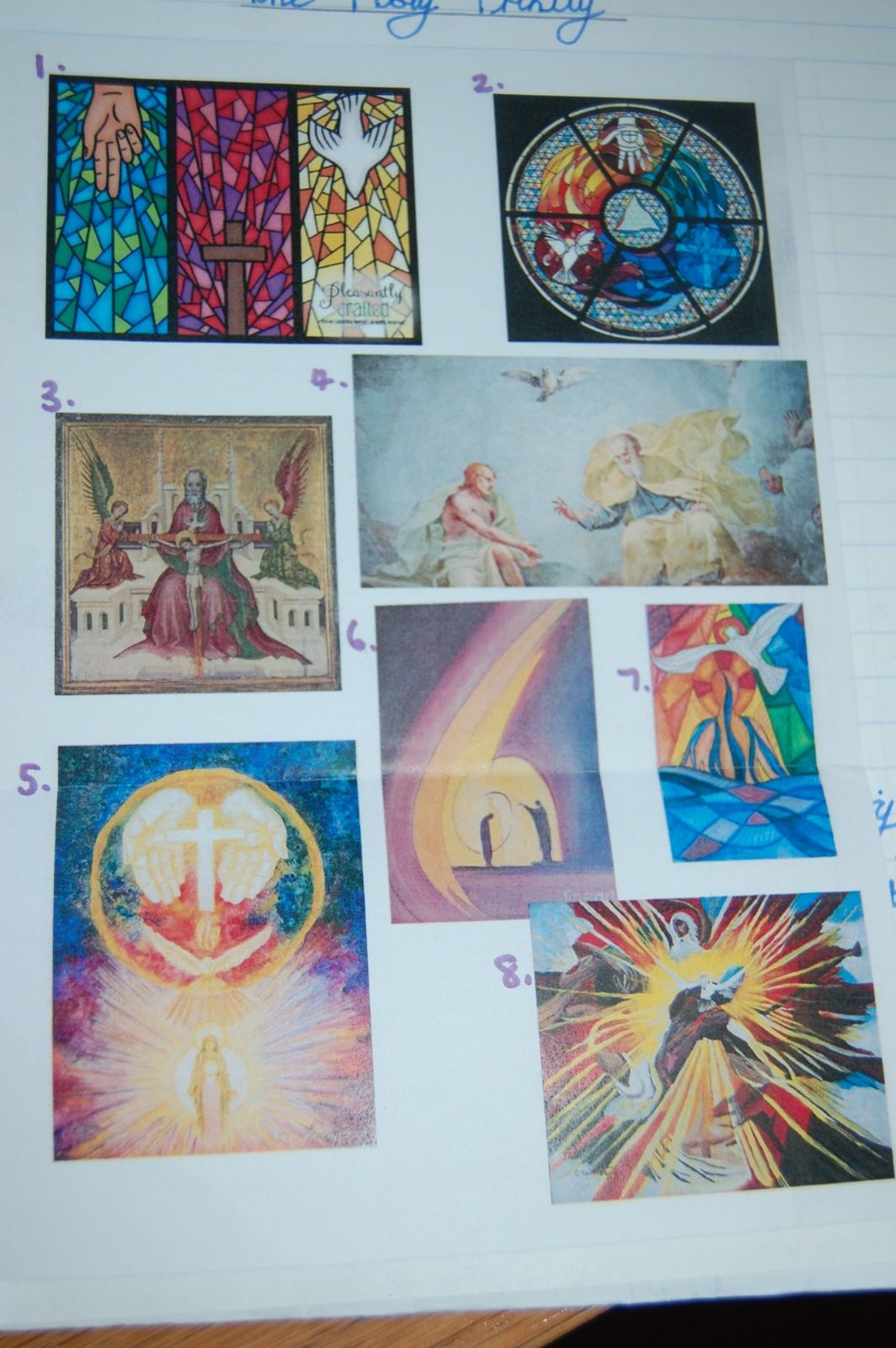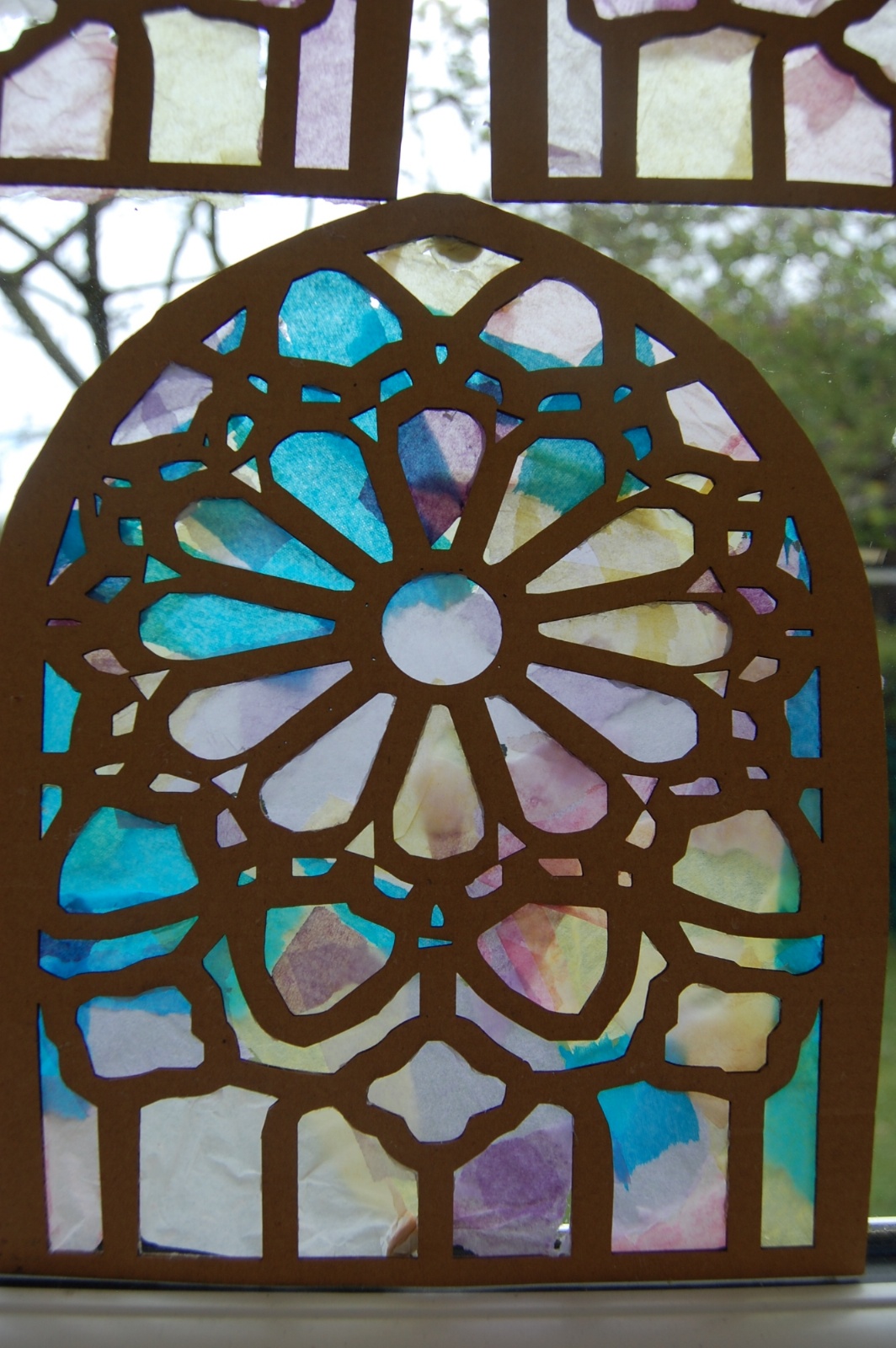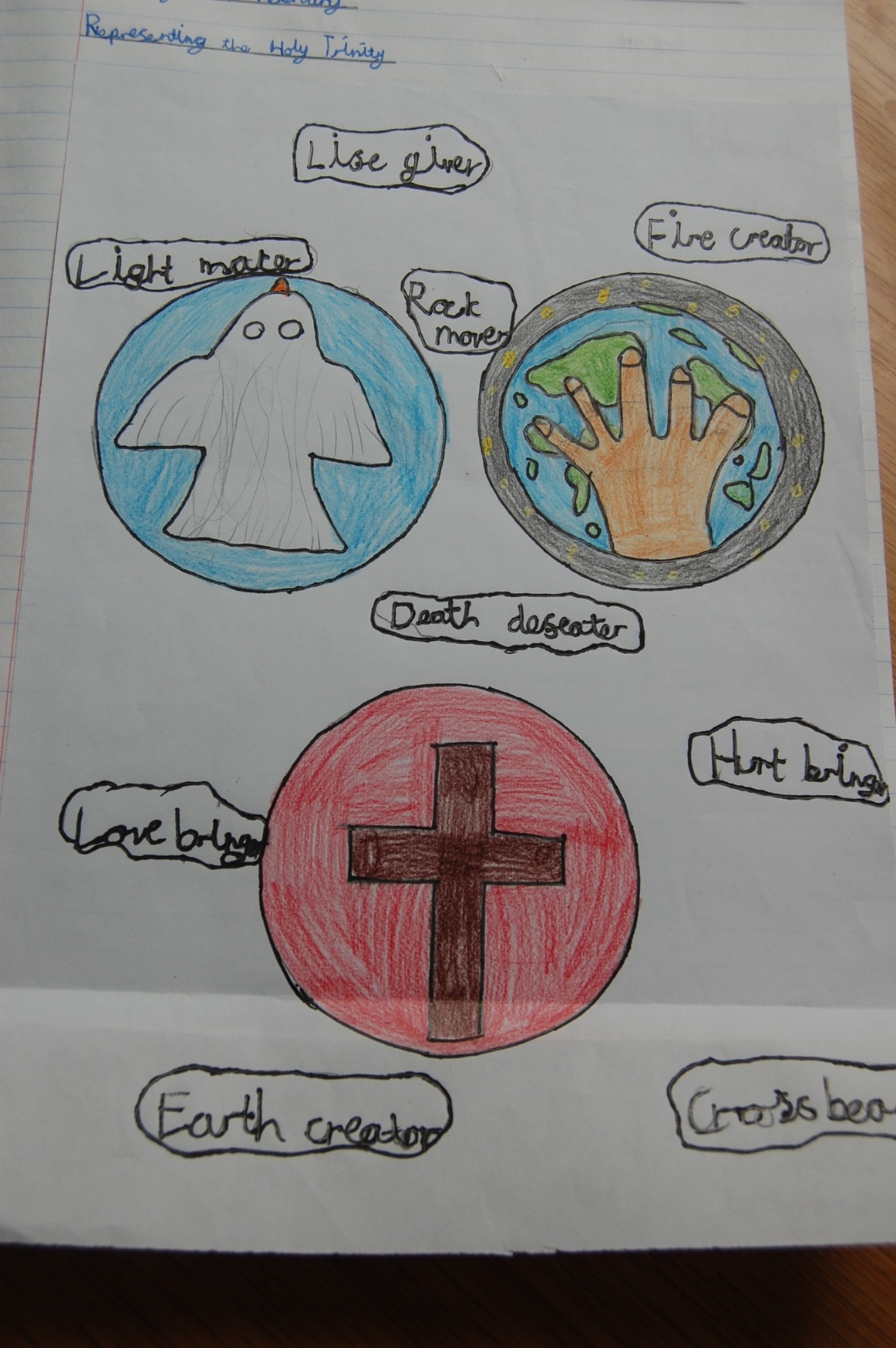RE
I find learning about different religions interesting. I enjoy learning about how peoples religions affect their every day life.
Pupil from white tigers class
Our Intent
Our engaging and challenging Religious Education curriculum is designed to help children to flourish as they develop religious literacy and become able to talk knowledgeably about how beliefs contribute to the way that people of faith, or none, think, live and believe. Our curriculum is deigned to:
- Develop pupils’ knowledge and understanding of Christianity as well as other principal religions and world views
- Focus on concepts as well as content
- Reflect diversity in terms of the changing religious landscape of the UK so that they are prepared for life in modern Britain
- Reflect pupils’ own experiences and provide a safe space for discussion
- Present religious belief as a real, lived phenomenon
- Provide opportunities for personal reflection and spiritual development
- Help prepare pupils for adult life, enabling them to develop sensitivity to others
Implementation.
We follow a carefully planned progression of skills and knowledge from Reception to Year 6. Pupils are encouraged to make connections between prior and new learning and ask and answer questions about beliefs and practices and the impact that these have on the lives of believers.
Pupils have the opportunity to explore and enquire about belief in different centering on four key elements:
- God: What do people believe about God?
- Being human: How does faith and belief affect the way people live their lives?
- Community, worship and celebration: How do people express their religion and beliefs?
- Life journey: rites of passage: How do people mark important events in life
Each year group will be taught RE every week. Some units are designed for half a term, but some require more time to ensure that topics are handled with enough depth. Pupils may have the opportunity to learn about a range of beliefs and world views overtime, however, some key religions will be taught in more depth. In line with the Lincolnshire Agreed Syllabus all children in Key Stage 1 must learn about Christianity and Islam and in Key Stage 2 pupils must study Hinduism and Islam. As a church school, Religious Education is taught in line with the Church of England’s Statement of Entitlement.
Impact
The impact of Religious Education will be evident through:
- Pupils’ growing knowledge and understanding of Christianity as well as other principal religions and world views
- Children’s conceptual understanding as well as recall of content
- Children’s understanding of diversity in terms of the changing religious landscape of the UK so that they are prepared for life in modern Britain
- Pupils’ ability to reflect on and discuss their own experiences within the perameters of a safe space for discussion
- Pupil’s appreciation of religious belief as a real, lived phenomenon which impacts on people’s life choices
- Help prepare pupils for adult life, enabling them to develop sensitivity to others
Impact will be monitored by teachers and leaders in line with the teaching and learning policy.
What is a Reserved Teacher?
1. Section 58 of the School Standards and Framework Act 1998 requires the appointment in
Voluntary controlled (VC) schools of teachers who are able to provide religious education in accordance with the requirements of the Trust Deed of the school or in accordance with the tenets of the relevant religion or denomination.
2. Where the number of teachers at a foundation or voluntary-controlled school with a religious character is more than two, the teachers must include persons who are selected for their fitness and competence to teach religious education in accordance with the school’s trust deed or with the tenets of the school’s religion and are specifically appointed to do so.
3. These teachers are called Reserved Teachers.
What is denominational religious education?
4. There is no definition in the Act of denominational religious education but in practice it means any religious education provided in accordance with the requirements of the Trust Deed of the school and that is not the Locally Agreed Syllabus. Reserved Teachers may of course teach the Agreed Syllabus but that is not the purpose of their status.
Why is the provision of denominational religious education required?
5. Because parents have the right to request it. The norm in VC Church of England schools is that RE is provided according to the Locally Agreed Syllabus. Reserved Teachers are not needed for this. However, parents may request denominational religious education and the governing body must make it available. Reserved Teachers are appointed in order that suitable persons are available should parents request this provision.
Our Reserved Teacher is Liz Moore (Headteacher)
Gallery
